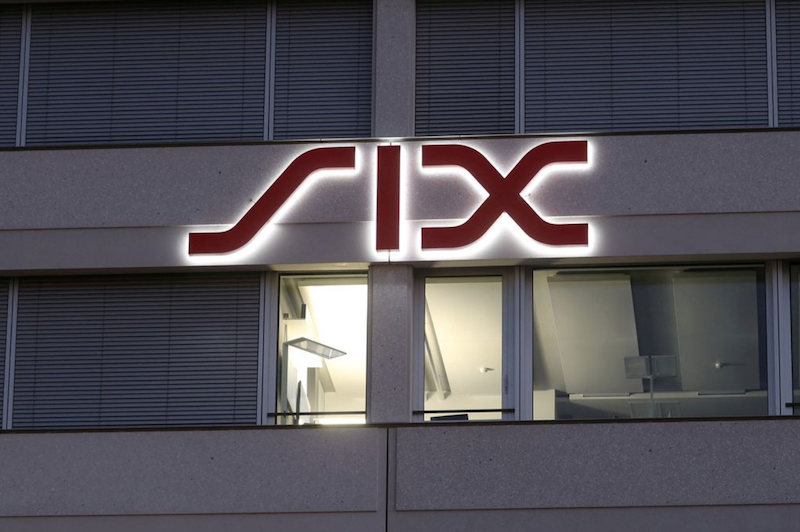Chinese companies’ plans to raise capital through London or Zurich listings could be blocked after Beijing brought in new disclosure rules, slapped curbs on the use of the funds and made the issuances liable to national security reviews.
A total of 18 Chinese companies have already listed themselves in Zurich and London via Global Depository Receipts (GDR) – most of them over the past year – as firms looked for alternate overseas fundraising venues amid heightened Sino-US tensions.
More than 20 companies, including drugmaker China Meheco Group and chemicals producer Zhejiang Yongtai Technology, have unveiled plans to follow suit.
Also on AF: China Ban on Micron Adds to Trade Tension, Spurs Chip Rally
Those issues will now be clouded, say bankers and lawyers, by the publication of new rules by the securities regulator last week requiring, among other things, that such activities must not leak state secrets, while fundraising should be “rational”, and not too frequent.
The new rules come against the backdrop of China’s renewed focus on national security, which has seen authorities in the past several months cracking down on consultancies and some data firms curbing access to certain information for offshore clients.
Published by the China Securities Regulatory Commission (CSRC), the new rules brought GDR issuances under China’s regulatory framework for overseas listings, requiring national security reviews in sensitive sectors and data security compliance.
Mandy Zhu, head of China global banking at UBS, which has worked on many of the GDR issuances, said the new rules would “significantly” increase underwriters’ costs, workload and responsibility in vetting the deals.
“The listing process is expected to get longer, and issuers would become more cautious in choosing to issue GDRs for capital-raising.”
The rules could dent the London Stock Exchange Group Plc’s plans to expedite listings by Chinese companies, and may slow the Chinese rush to issue GDRs on the SIX Swiss Exchange, market participants said.
The SIX exchange said it was too early to tell the impact of the new rules, and the bourse would monitor the developments closely.
According to the new rules, the size of the GDR fundraising should be “rational”, while proceeds must be invested in areas in line with China’s industrial policies. It was not immediately clear what would be deemed as rational fundraising.
Beijing’s ‘Capital Flight’ Fears
Battery giant CATL’s plan to raise at least $5 billion via GDRs in Switzerland was put on hold earlier this year, after Chinese regulators questioned its need to raise so much money.
Li Shoushuang, a senior partner at law firm Dentons China, said that a client of his has already been affected by the new rules, which for the first time stipulate that a company can only issue GDRs 18 months after the previous share offering.
“This would have a big impact,” as many Chinese companies would typically issue GDRs not long after domestic share sales, Li said. “Now we have to wait.”
GDRs are fungible with China-listed A-shares issued by the same company, and the market had attracted hedge funds seeking arbitrage opportunities.
Companies are also required, for the first time, to disclose the identity of the ultimate subscribers of the GDRs.
“This is designed to address concerns that buyers of GDRs are actually domestic entities seeking to profit from the difference between GDRs and A-shares, and to prevent capital flight,” Jia Yuan Law Offices, a law firm, wrote in a note.
- Reuters with additional editing by Sean O’Meara
Read more:
Beijing Regulator Delays CATL’s $5 Billion Swiss GDR Listing
Europe Outstrips US on China Share Deals For First Time – FT
Chinese Firms Flock to Switzerland as US Delisting Risks Loom
























